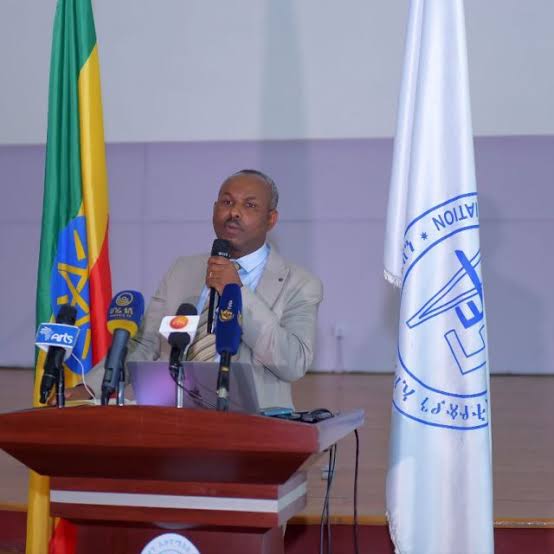
Ethiopia is poised to record faster economic growth in the coming months, defying ongoing challenges such as rising inflation and a heavy debt burden. The government has projected a steady rebound driven by improved agricultural output, infrastructure expansion, and increased investor confidence following recent reforms.
Economic analysts note that while inflation remains a persistent concern especially in food and fuel prices—the country’s growth momentum is being supported by strategic investments in key sectors such as energy, manufacturing, and transport. The Grand Ethiopian Renaissance Dam (GERD) continues to boost electricity access, opening up opportunities for industrial growth and rural development.
The service sector, particularly telecommunications and financial services, is also experiencing expansion as the government moves forward with liberalization plans aimed at attracting foreign capital. These reforms have sparked renewed interest among investors looking to tap into one of Africa’s largest and most youthful populations.
Despite a tight fiscal space and rising debt servicing obligations, officials say Ethiopia’s growth prospects remain strong due to structural adjustments, a focus on domestic production, and ongoing partnerships with development finance institutions. Recent peace and security efforts in conflict-affected areas have also contributed to a more stable business climate, encouraging local entrepreneurship and agricultural recovery.
As the government continues to pursue economic diversification and job creation, Ethiopia is expected to maintain its position as one of the fastest-growing economies in sub-Saharan Africa, balancing reform with resilience in a challenging global environment.


